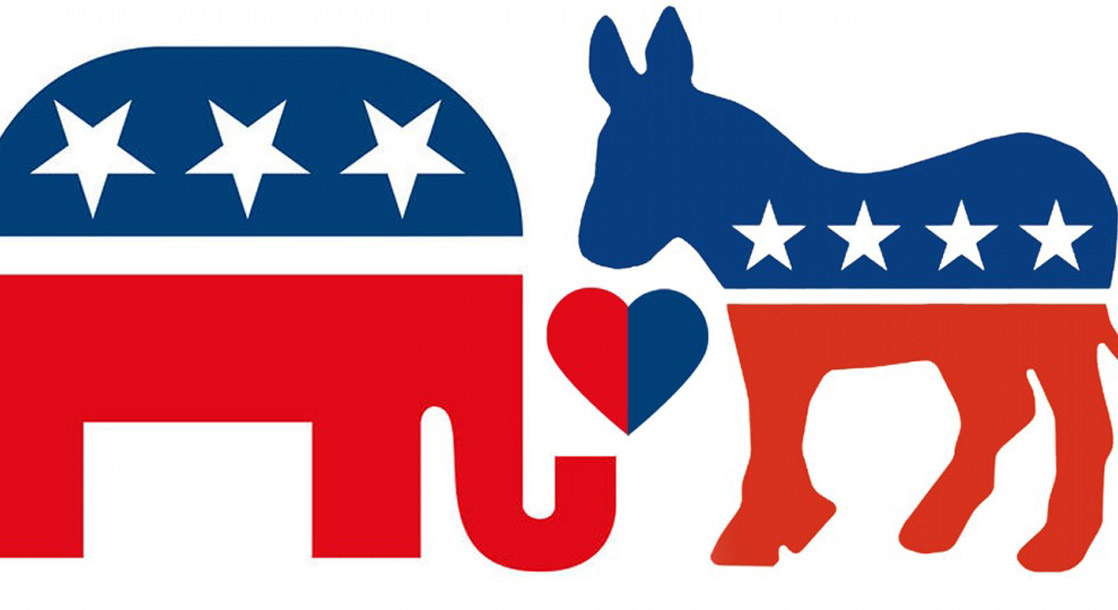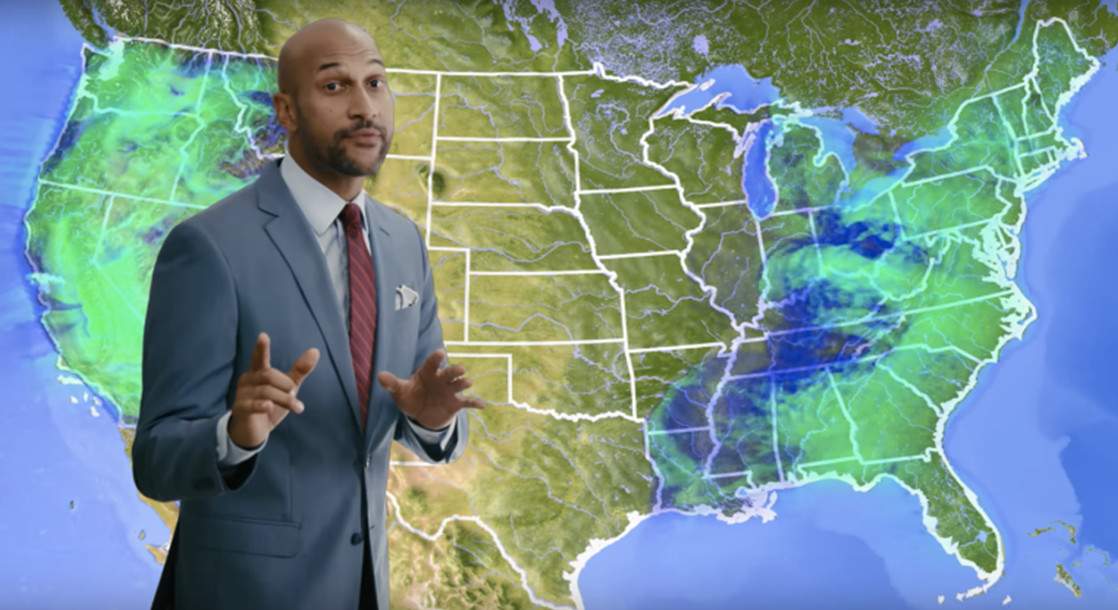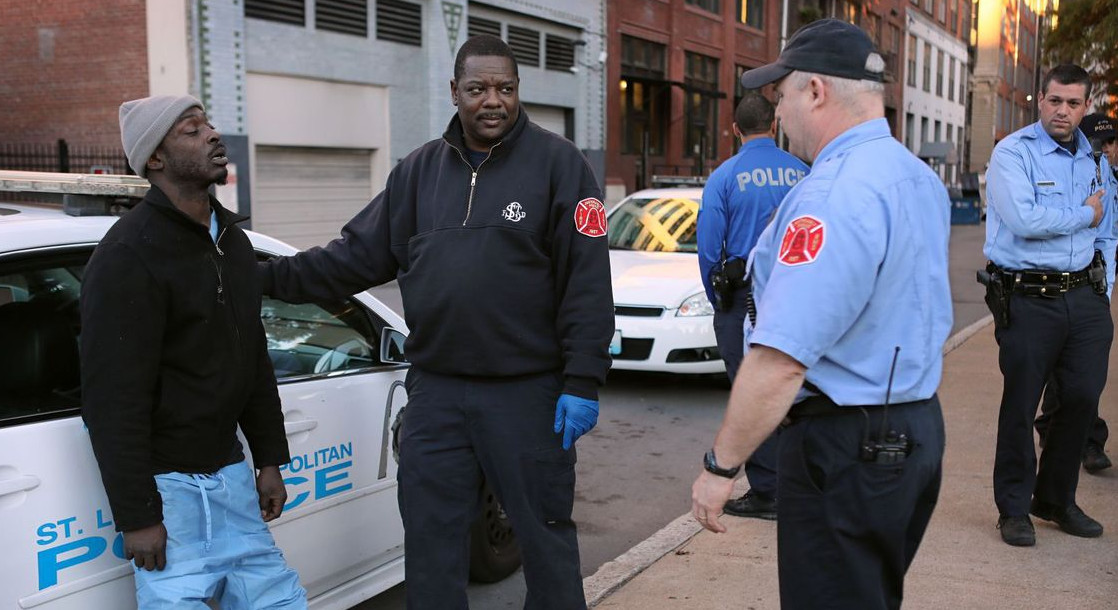A bipartisan duo of US lawmakers just proposed a resolution that would encourage the United Nations to completely end the global prohibition of cannabis.
The resolution, proposed by Reps. Barbara Lee (D-CA) and Nancy Mace (R-SC) last Friday, would direct the US representative to the United Nations Commission on Narcotic Drugs (UNCND) to “use the voice, vote, and influence of the United States to seek to de-schedule cannabis from Schedule I of the Single Convention on Narcotic Drugs of 1961.”
In 2020, the UNCND voted to reschedule cannabis from Schedule IV to Schedule I. Unlike the US scheduling system, Schedule IV is the UN’s most restrictive drug category, reserved for addictive drugs that have little to no accepted medical use. Schedule I, the UN’s second-most restrictive category, includes substances that do have therapeutic potential, but are still considered “highly addictive and highly liable to abuse.”
This historic decision officially classifies cannabis as a substance that has legitimate medicinal use, but still leaves it in a category reserved for opioids and other dangerously addictive drugs. The new Congressional resolution seeks to convince the UN to completely deschedule cannabis from its list of prohibited drugs, effectively allowing it to be grown, sold, and traded between countries just like any other agricultural product.
“Many countries would deschedule cannabis and reevaluate how cannabis is classified if the UN did so,” said Mace, who sponsored the first Republican-led marijuana legalization bill to appear before Congress, in a statement. “Cannabis has been shown to be effective in the treatment of numerous medical conditions such as epilepsy, PTSD, cancer pain relief, nausea, and chronic and terminal illnesses. Descheduling at the UN would support global research into how cannabis can treat a wide range of ailments and conditions.”
The resolution would also require US officials to press the UN to “expunge and forgive penalties relating to cannabis for prior offenders and treat cannabis as a commodity similar to other agricultural commodities.”
Last year, the UN Office on Drugs and Crime (UNODC) released an official recommendation asking member nations to enact a global ban on cannabis advertisements. But despite the overtly anti-weed nature of the recommendation, activists have seen it as a sign that the UN is finally coming to terms with the fact that a few of its member nations have already legalized medical or adult-use cannabis, and many more are working to do so in the very near future.
“Scientific research has shown that cannabis has wide-ranging positive effects on chronic illness treatment,” said Lee, co-chair of the Congressional Cannabis Caucus, in a press release. “The classification of cannabis as a schedule one drug is outdated, out of touch, and should be addressed not only in the United States, but around the world. The United States should be leading the way on cannabis reform on the global stage, and descheduling at the United Nations would be a great start.”











